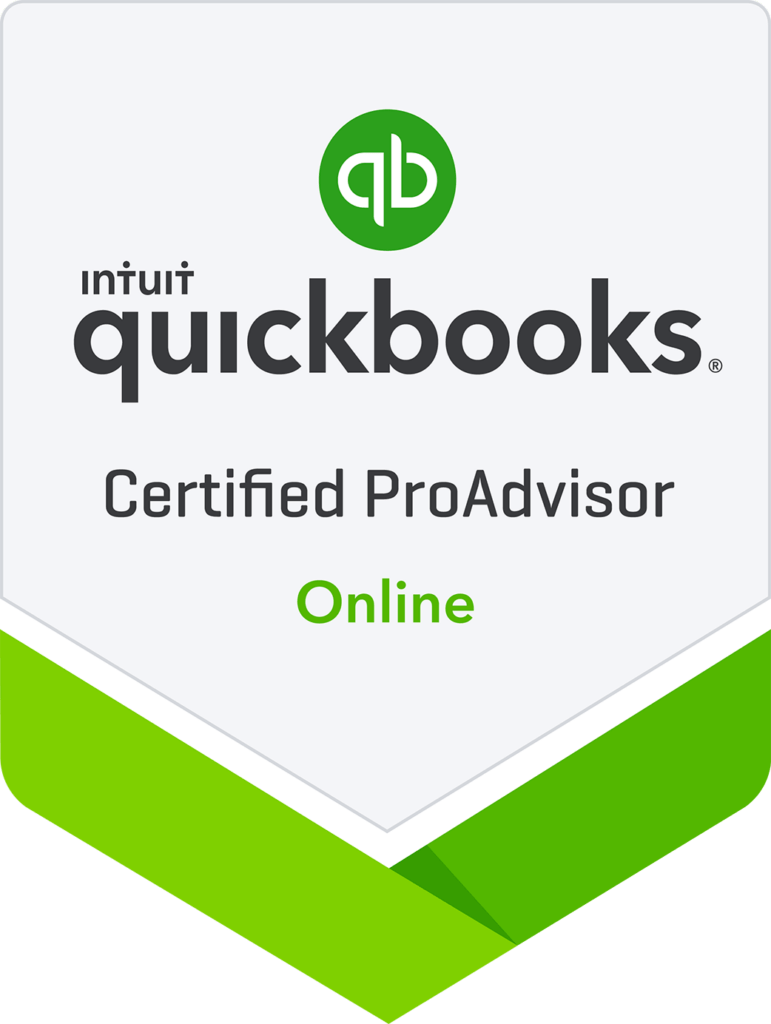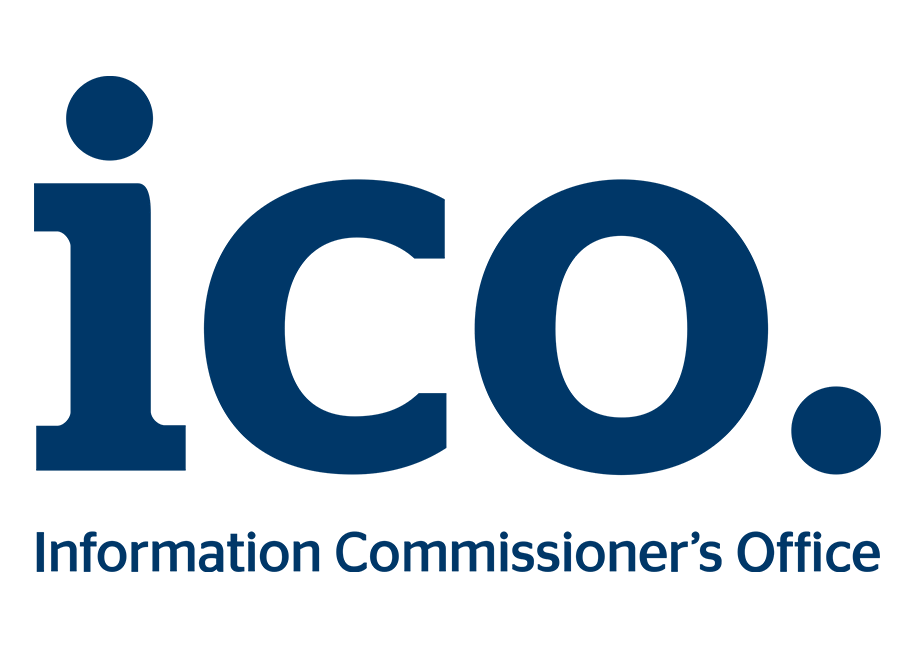How to ensure long-term success with financial forecasting
In the ever-changing business landscape, effective financial planning is a critical factor in achieving long-term success. One powerful tool that enables businesses to navigate uncertainty and make informed decisions is financial forecasting. By developing accurate and comprehensive financial forecasts, businesses can gain valuable insights into their future financial performance and proactively strategize for growth. In this blog, we will explore the importance of financial forecasts and provide key insights for businesses to drive their long-term success.
Setting Realistic Goals
Financial forecasts serve as a roadmap for businesses, helping to set realistic goals and objectives. By projecting revenue, expenses, and profitability over a defined period, businesses can align their aspirations with a solid financial plan. Ensure your goals are specific, measurable, achievable, relevant, and time-bound (SMART), and incorporate them into your financial forecasting process.
Understanding Revenue Drivers
A thorough understanding of your revenue drivers is crucial for accurate financial forecasting. Analyse historical data, market trends, customer behaviour, and other relevant factors to identify the key drivers that impact your revenue streams. This insight will help you project future sales and plan marketing strategies to drive growth.
Cost Analysis and Control
Financial forecasting involves analysing and projecting various costs associated with your business operations. Evaluate fixed and variable costs, identify potential cost-saving measures, and incorporate them into your forecasts. Regularly review and control your expenses to ensure they align with your forecasts and optimise profitability.
Cash Flow Management
Cash flow is the lifeblood of any business. Accurate financial forecasts enable you to project cash inflows and outflows, helping you identify potential cash flow gaps or surpluses in advance. By managing your cash flow effectively, you can avoid liquidity issues, plan for investments, and take advantage of growth opportunities.
Sensitivity Analysis
The business landscape is subject to various external factors, such as economic conditions, regulatory changes, or market disruptions. Conducting sensitivity analysis as part of your financial forecasting process allows you to assess the impact of different scenarios on your financial performance. By considering best-case, worst-case, and most-likely scenarios, you can develop contingency plans and be prepared for potential challenges.
Investment and Financing Decisions
Financial forecasts provide valuable insights for investment and financing decisions. Whether you are considering expanding your business, purchasing new equipment, or seeking external funding, accurate forecasts help you assess the financial feasibility of such decisions. Investors and lenders also rely on reliable forecasts when evaluating business opportunities.
Monitoring Key Performance Indicators (KPIs)
Financial forecasts help identify key performance indicators (KPIs) that are crucial for tracking and evaluating your business’s progress. Monitor KPIs regularly, such as revenue growth rate, gross profit margin, customer acquisition cost, or inventory turnover, to assess your performance against your forecasts and make data-driven adjustments when necessary.
Regular Review and Update
Financial forecasts should not be static documents. Regularly review and update your forecasts as new information becomes available or circumstances change. This allows you to make timely adjustments to your strategies and stay agile in response to market dynamics.
Seek Professional Guidance
Developing accurate and reliable financial forecasts requires expertise and experience. Partnering with a reputable accounting firm can provide valuable guidance and support throughout the forecasting process. They can assist in data analysis, provide industry-specific insights, and ensure your forecasts comply with accounting standards and regulations.
Financial forecasts play a pivotal role in driving long-term success for businesses. By setting realistic goals, understanding revenue drivers, analysing costs, managing cash flow, conducting sensitivity analysis, making informed investment decisions, monitoring KPIs, and regularly reviewing and updating your forecasts, you can gain a competitive edge in the dynamic business landscape. Remember to seek professional guidance from an experienced accounting firm to ensure the accuracy and reliability of your financial forecasts. Embrace the power of financial forecasting and position your business for sustainable growth and success.
To learn more about financial forecasts, visit here: https://quickbooks.intuit.com/uk/blog/financial-forecasting/
If you wish to speak us about how we can assist with your financial forecasting, please contact us today! https://mavensolutions.co.uk/contact-us/












